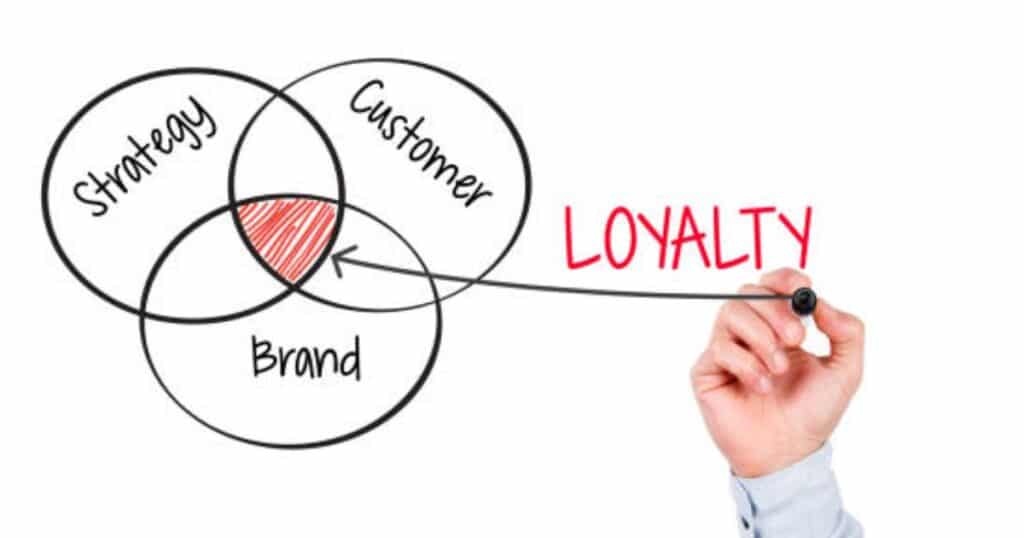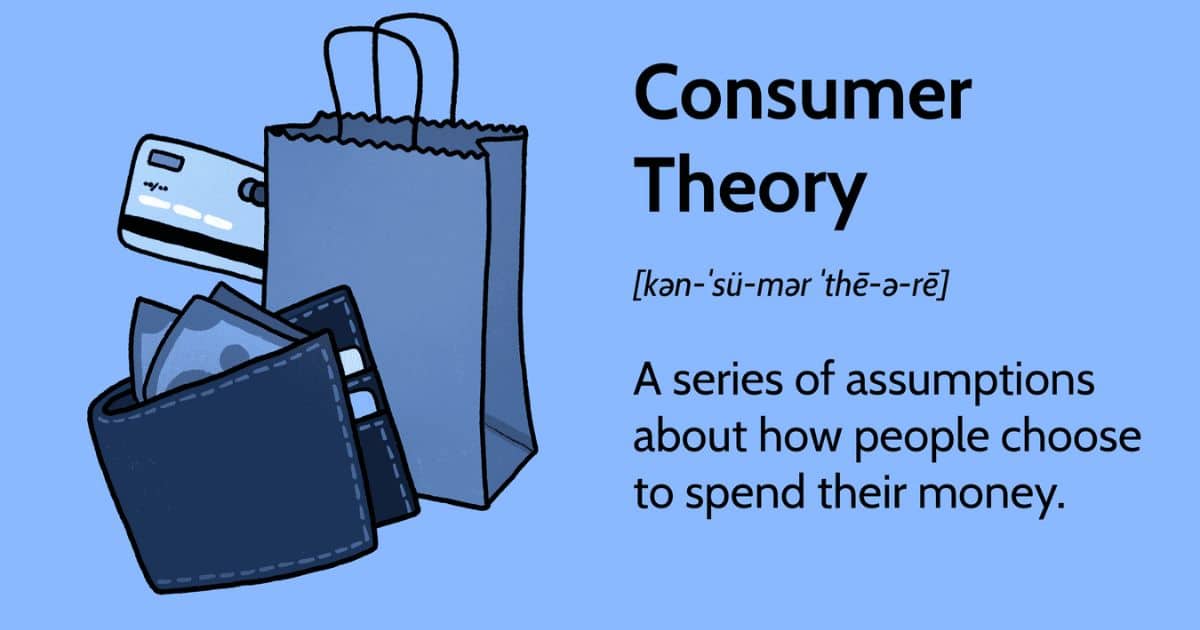Consumer choices are decisions people make when buying things. These choices cover a lot of products, from food to cars and houses. Many things affect these choices, like personal likes, budget, marketing, and the economy. These choices really matter to businesses. They affect demand, prices, and new products.
Picture a busy mall. Shoppers everywhere. Each choice counts. Small choices add up. They impact businesses. Choices ripple like a pond. Today, they’re potent. Boost startups or break brands. Your choices matter. Reshape industries. Guide economies. In this article, we will discuss how the choices consumers make impact business decisions.
Consumer choices influence business decisions significantly. When consumers choose eco-friendly products, companies invest in sustainability. Popular smartphone models lead competitors to imitate them. Pricing strategies depend on consumer willingness to pay, and market trends change with demand shifts. Businesses adapt to changing preferences based on consumer feedback. Consumer choices guide businesses toward profit, innovation, and longevity. As a consumer, your purchases are votes shaping the marketplace’s future.
Understanding Consumers Choices
How do the choices consumers make impact business decisions? Consumer choices encompass a wide array of decisions, from selecting specific products or services to choosing brands, pricing options, and even distribution channels. These choices are the result of a complex interplay of individual preferences, needs, and external influences, making them a challenging yet critical factor for businesses to navigate.
Factors Influencing Consumer Choices
Consumer choices are influenced by an intricate web of factors, including:
- Psychological Factors
Consumers’ emotions, attitudes, perceptions, and motivations can significantly impact their choices. For example, a person’s perception of a brand’s image or their emotional connection to a product can drive their purchasing decisions.
- Social and Cultural Factors
Social norms, cultural values, peer pressure, and societal trends all play a role in shaping consumer choices. For instance, consumers may opt for products that align with their cultural background or reflect their social identity.
- Economic Factors
Economic factors such as income, price sensitivity, and disposable income levels directly affect consumer choices. Price promotions, discounts, and affordability often dictate consumers’ purchasing decisions.
- Information and Education
The availability of information and a consumer’s level of education can influence their choices. Informed consumers tend to make different decisions than those with limited knowledge about products or services.
- Technological Advancements
The digital age has revolutionized consumer choices by providing easy access to information and online shopping platforms. E-commerce and online reviews can greatly sway purchasing decisions.
- Environmental and Ethical Concerns
Growing awareness of environmental and ethical issues has led to a shift in consumer choices, with many opting for sustainable and socially responsible products and services.
The Power of Consumer Choices

The choices consumers make collectively hold tremendous power as they determine the success and survival of businesses. This influence is evident across various aspects of business operations.
Responding to Consumer Needs and Desires
One of the most direct ways consumer choices impact business decisions is through product development and innovation. Companies that listen to their customers and adapt to changing preferences are more likely to thrive.
Case Study
Apple Inc. serves as a prime example of a company that has harnessed the power of consumer choices. Its relentless focus on understanding user needs and preferences has resulted in groundbreaking products such as the iPhone and iPad. Regular customer feedback and market research have played a pivotal role in shaping Apple’s product lineup.
Niche Markets and Customization
Consumer choices also influence the emergence of niche markets and customization trends. Businesses often identify gaps in the market or unique customer segments with specific preferences and tailor their offerings accordingly.
Niche Markets
For instance, the rise of craft breweries and micro-distilleries has been driven by consumer demand for unique and artisanal beverages. These businesses cater to consumers who seek distinctive flavors and are willing to pay a premium for quality.
Customization
Customization has become a significant trend in industries like fashion and technology. Companies like Nike and Dell allow customers to personalize their products, giving them a sense of ownership and a more tailored experience.
Targeting the Right Audience
Consumer choices heavily influence marketing and branding strategies. Understanding the preferences and demographics of the target audience is essential for effective marketing campaigns.
Market Segmentation
Businesses often segment their target market based on consumer choices. They create distinct marketing strategies for different consumer groups, taking into account factors like age, gender, income level, and lifestyle.
Social Media and Consumer Engagement
Social media platforms have revolutionized the way businesses engage with consumers. By analyzing consumer choices, behaviors, and interactions on social media, companies can tailor their messaging and advertisements to resonate with their audience.
Brand Loyalty and Advocacy
Consumer choices also impact brand loyalty and advocacy. Satisfied customers who consistently make positive choices of a brand become loyal advocates, spreading the word and positively influencing others’ choices.
Building Brand Loyalty

Companies like Amazon have mastered the art of building brand loyalty through programs like Amazon Prime. By offering benefits like free shipping and exclusive content, Amazon incentivizes consumers to make choices that favor their brand.
Influencer Marketing
Influencer marketing relies on the power of consumer choices. Influencers are individuals who have built a following based on their choices and preferences. Businesses collaborate with influencers to tap into their audience’s trust and influence their choices.
Competitive Pricing
Consumer choices significantly impact pricing strategies. Companies must consider what price points consumers are willing to accept for their products or services, taking into account factors like perceived value and competition.
Dynamic Pricing
In industries like travel and e-commerce, dynamic pricing is a direct response to consumer choices. Prices fluctuate based on demand, optimizing revenue while accommodating different consumer preferences.
Price Discrimination
Businesses often use price discrimination strategies, offering different prices to different consumer segments. For example, airlines may charge higher prices for last-minute bookings, targeting consumers with specific preferences for convenience.
Loss Leaders and Bundling
Consumer choices also influence the use of loss leaders and bundling strategies. Companies may offer certain products or services at a loss to attract consumers while recouping profits through complementary choices.
Loss Leaders
Grocery stores often use loss leaders, such as deeply discounted staple items, to draw in shoppers. Once inside, consumers make extra choices that offset the initial loss.
Bundling
Bundling products or services together encourages consumers to make choices that benefit the business. For example, telecommunications companies often bundle internet, phone, and television services to attract more customers.
Inventory and Production
Consumer choices have a direct impact on supply chain management. Businesses must forecast demand accurately to ensure they have enough inventory to meet consumer preferences.
Just-in-Time Inventory
The just-in-time (JIT) inventory system is a response to consumer choices for faster delivery times. Companies like Toyota have implemented JIT to minimize excess inventory and respond swiftly to customer demands.
Location and Distribution
Consumer choices also influence the location of distribution centers and retail outlets. Businesses strategically position these facilities based on where their target consumers make choices to shop.
E-commerce Warehouses
The growth of online shopping has led to the proliferation of e-commerce warehouses strategically located to facilitate fast and cost-effective shipping, aligning with consumer preferences for convenience.
Sustainability and Responsibility
Increasingly, consumer choices reflect a desire for environmentally sustainable and socially responsible products and services. This shift has prompted businesses to adapt their practices and offerings accordingly.
Sustainable Sourcing
Companies in the fashion and food industries, for example, are changing their sourcing practices to meet consumer demands for sustainability. They are choosing eco-friendly materials and supporting fair trade initiatives.
Corporate Social Responsibility (CSR)
Consumer choices also influence a company’s CSR initiatives. Businesses are more likely to engage in socially responsible activities when consumers prioritize ethical considerations in their choices.
Consumer Protection Laws
Governments often enact consumer protection laws in response to consumer choices and concerns. These regulations shape how businesses operate and interact with consumers.
Data Privacy
The implementation of data privacy regulations like the General Data Protection Regulation (GDPR) in the European Union is a direct response to consumer choices regarding data security and online privacy.
Product Safety
Consumer choices related to product safety and quality can lead to stricter regulations and recalls. Businesses must adhere to these regulations to maintain consumer trust.
Conclusion
How do the choices consumers make impact business decisions? In the interconnected world of business and consumer choices, the impact is profound and multifaceted. From shaping product development and marketing strategies to influencing pricing, supply chain management, and ethical considerations, the choices consumers make reverberate throughout the business landscape.
To thrive in this dynamic environment, businesses must remain attentive to consumer preferences, adapt to evolving trends, and focus on responsible practices. By understanding and harnessing the power of consumer choices, companies can not only survive but also thrive in a world where the consumer is undeniably the driving force behind business decisions.








